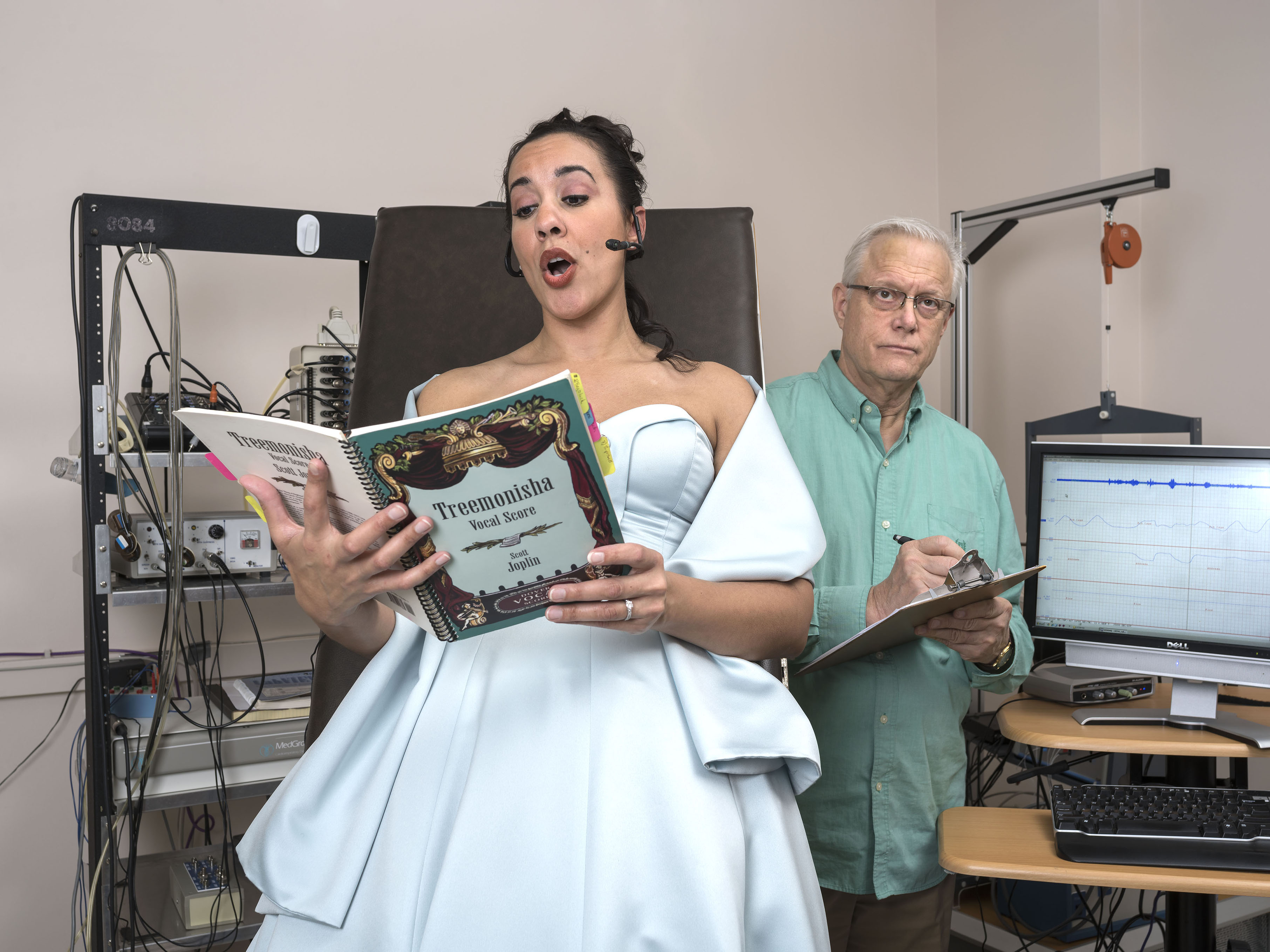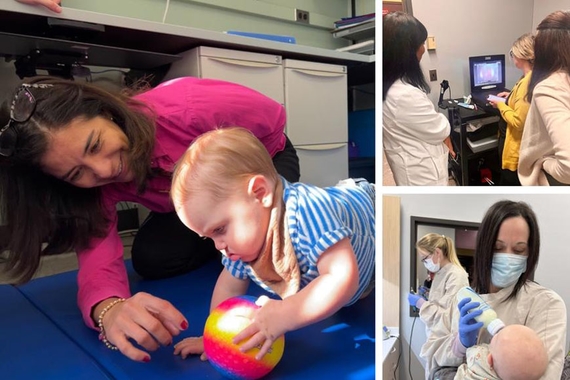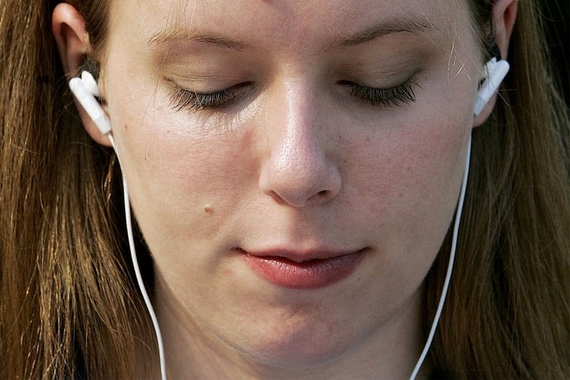On Purpose: Portrait of Speech-Language-Hearing Sciences

Since 1927, our speech-language-hearing sciences faculty have examined the variations in typical and disordered communication throughout the lifespan. Conditions that interfere with communication are caused by a number of factors including autism, stuttering, severe hearing loss, stroke, a growth on the vocal cords, cleft palate, and cerebral palsy.
This list, which is far from exhaustive, shows the diversity of problems we address in our field of study. We also are actively engaged with the community. Our faculty, staff, and students are committed to sharing our expertise with communities in Minnesota and around the world, from topics such as how young children develop to how we best support the needs of aging adults.
Current Faculty Scholarly Activities
Professor Peter Watson (pictured): The purpose of this research is to study breathing behavior in Western opera singers in upright and supine (lying on the back) body positions. Western-style opera requires athletic breathing for singing over extended periods of time, at high intensity (without amplification), over an extended frequency range, and for singing phrases of long duration.
Books on training opera singers refer to the mechanics of singing supine but have no empirical data on which to base their information. The influence of gravity on the breathing apparatus affects breathing quite differently. The information from this study will help us better understand the physiology of breathing in both body positions for opera singers and may advance their training.
The singer/collaborator in this photo is Lisa Butcher. Butcher is a speech pathologist specializing in voice disorders, and she holds an advanced degree in vocal performance. Butcher frequently performs with the Minnesota Opera.
Professor Peggy Nelson is studying the auditory system in new ways. In a collaboration with St. Anthony Falls Laboratories, she and the researchers ask whether there is merit to the belief that wind turbines cause people to be dizzy. In a related project involving the Raptor Center, they are assessing the raptors’ hearing to determine whether the sounds produced by wind turbines are audible to eagles and hawks. And Nelson’s new approach to hearing aid research involves self-fitting hearing aids, investigating whether self-adjustment control might improve users’ experiences.
Professor Ben Munson studies how speech-sound learning and word learning interact with each other over the preschool years. He’s currently developing methods to help speech-language pathologists develop measures to assess speech production and perception in children. The measurements would be highly detailed and informative but able to be taken quickly and in real-world environments.
Professor Liza Finestack studies language intervention approaches for children with impairment, including children with developmental language disorder, autism spectrum disorder, or Down syndrome. She is also working on a study to help identify language measures to use to evaluate clinical trial outcomes for children with autism spectrum disorder.


